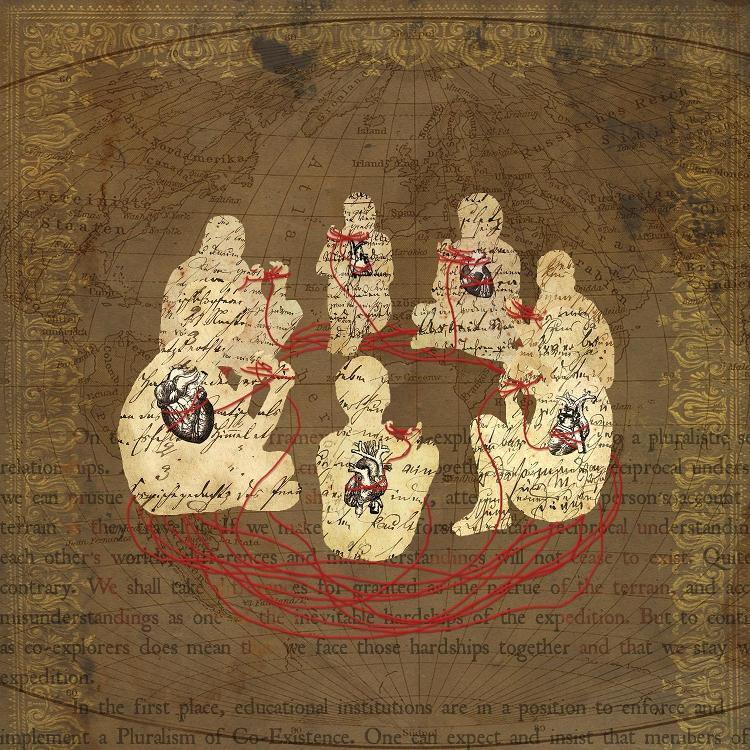Ethics Explainer: Ethics of Care

Morals of care is a women’s activist way to deal with morals. It challenges customary good speculations as male-driven and tricky to the degree they exclude or minimize qualities and excellencies as a rule socially connected with ladies or with jobs that are frequently given a role as ‘ladylike’.
The best illustration of this might be found in how morals of care contrast from two predominant regularizing moral speculations of the 18thand 19thcentury. The first is deontology, best connected with Immanuel Kant. What’s more, the subsequent utilitarianism, ascribed to Jeremy Bentham and enhanced by John Stuart Mill.
They each require the ethical specialist to be apathetic. Moral dynamic is in this manner expected to be judicious and consistent, with an emphasis on widespread, target rules. Interestingly, morals of care shield a few feelings, for example, care or empathy, as good.
On this view, there isn’t a division among reason and feelings – as certain feelings might be sensible and ethically fitting in controlling great choices or activities. Women’s activist morals likewise perceive that rules should be applied in a specific situation, and genuine good dynamic is affected by the connections we have with people around us.
Rather than asking the ethical chief to be fair-minded, the mindful good specialist will consider that one’s obligation might be more prominent to those they have specific bonds with, or to other people who are frail instead of ground-breaking.
In a Different Voice
Customary defenders of women’s activist consideration morals incorporate 20thcentury scholars Carol Gilligan (b. 1936) and Nel Noddings (b. 1929). Gilligan’s powerful 1982 book, In a Different Voice, asserted that Sigmund Freud’s hypothesis of therapy and Lawrence Kohlberg’s hypothesis of good advancement were one-sided and male arranged.
On these predominant mental records of the human turn of events, male advancement is taken as standard, and female improvement is regularly decided as mediocre differently.
Gilligan contended if ladies are ‘more enthusiastic’ than men, and focus harder on connections as opposed to rules, this is certainly not an indication of their being less moral, at the same time, rather, of various qualities, that are similarly significant. While Gilligan may have considered these distinctions to be ‘normal’ and related to sex as opposed to sexual orientation, these distinctions may well have been socially developed and in this manner the consequence of ‘sustain’.
How should the morals of a caring scholar settle the traditional ‘Heinz’ predicament: should an ethical specialist take the necessary medication he can’t stand to purchase to provide for his extremely wiped out spouse or adhere to the standard ‘don’t take’, paying little mind to the conditions? An interesting issue to make certain as there are contending obligations here (in particular, a positive obligation to assist those deprived with welling a negative obligation to abstain from taking).
Apparently, the mindful individual would put the relationship with one’s life partner over any relationship they could have with the drug specialist, and care or empathy or love would exceed a standard (or a law) for this situation, prompting the end that the proper activity is to take the medication.
Note: the utilitarian may likewise guarantee an ethical specialist should take the medication since saving the spouse’s life is a preferred result over whatever negative outcomes may come about because of taking it. Nonetheless, the thinking that prompts this end depends on the dispassionate weighing of expenses and advantages, instead of a thought of the connections in question and asking what love may interest.
Composing simultaneously as Gilligan, Noddings additionally guarded consideration as a specific type of good relationship. She considers youngsters to be normally mindful (except for sociopaths and mental cases) and claims this is essential for moral mindfulness. While Noddings doesn’t preclude men from being mindful, it is generally ladies who include in her instances of parental figures. Noddings, like Gilligan, focuses on connections that are between explicit people in a specific setting as the reason for moral conduct. This stands as opposed to the possibility that profound quality includes following a widespread, conceptual good standard.
What difference does it make?
Morals of care have been powerful in territories, for example, schooling, directing, nursing and medication. However, there have likewise been women’s activist reactions. Some concern that connecting ladies to the quality of caring keeps a misogynist generalization and urges ladies to keep on supporting others, to their own hindrance, and even while society neglects to esteem carers as they should. While Noddings claims moral specialists additionally need to really focus on themselves, this is so they are better ready to keep really focusing on others.
Clearly, it isn’t just ladies who care or who take on providing care jobs (paid or neglected). However compassionate callings, for example, nursing, instructing, childcare, and directing are female overwhelmed, ladies actually do most of the neglected caring jobs including childrearing and homegrown obligations in the home.
So we should hear it for the carers, and backing arrangements that look for reasonable compensation, equivalent regard, and incentive for those in providing care jobs.
Be the first to post a message!